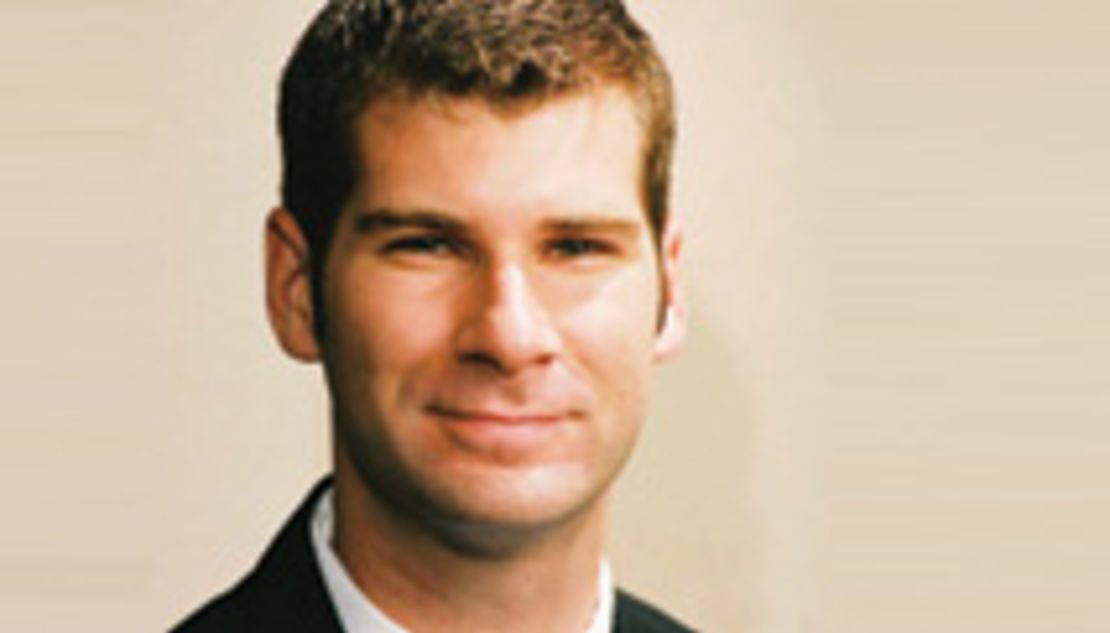Editor’s Note: Peter W. Singer is director of the 21st Century Defense Initiative at Brookings. Aaron Belkin is director of the Palm Center, a research group at the University of California, Santa Barbara, that is focused on gender, sexuality and the military and recently published the report, “One Year Out: An Assessment of DADT Repeal’s Impact on Military Readiness.”
Story highlights
Peter Singer, Aaron Belkin: The big "scare" over DADT repeal a year ago was unfounded
Writers: New report says readiness, cohesion, morale, recruitment unaffected by repeal
They say last year's uproar by some were hype, hysteria in place of facts and substance
Writers: Election could affect change. RNC platform calls for "review;" Romney waffles
According to a leading senator, it presented “an intolerable risk” to national security.
According to a consortium of retired generals, it would “break” the U.S. military. And according to a leading advocacy group, over “528,000” servicemen and women would be lost.
Something this terrible must be averted. We must take action now!
Except it is too late. The scary danger that these generals, John McCain, and the Family Research Council were warning about wasn’t a future terrorist attack or war with China, it was allowing gay and lesbian service men and women to openly serve in the U.S. military. That “grave risk” is now celebrating its one year anniversary, and none of the dire predictions proved correct.
News: One year later, no overall negative impact on military after repeal of DADT


“Don’t ask, don’t tell” was one of the most controversial issues in American politics, with tens of thousands of articles and speeches on the topic. And yet, once it happened, it played out a lot like Y2K. There was a huge amount of hype and hysteria, but the world did not end.
Far from the U.S. military being broken by allowing gays to serve openly, a recent report by a group of U.S. military school professors writing for the Palm Center found, “The repeal of DADT has had no overall negative impact on military readiness or its component dimensions, including cohesion, recruitment, retention, assaults, harassment or morale.” The U.S. military today has the same level of readiness as it did in 2011. It didn’t have over half a million servicemen exit in protest, as these opponents claimed would happen.
In fact, only two service members resigned, neither of them combat troops. Recruitment is just as high now as then. And when the CIA recently did an assessment of the risks to American national security, they found dangers that ranged from loose nukes to terrorism. Gays and lesbians in uniform didn’t make it into the threat matrix.
Politics: The grades are in – Obama’s first-term report card
Those who predicted doom ignored that the military of today is staffed by young, millennial men and women who do not share the anti-gay sentiments of previous generations. They ignored empirical research, drawn from over half a century of evidence gathered by independent researchers and the U.S. military itself. They ignored the experiences of allied militaries in places like the UK, Australia, and Israel, all of which found that open service would not be destructive. They ignored that planning and leadership are the keys to successful policy change, and that the U.S. military excels at both. Simply put, their predictions of peril were endemic of the “post-truth” practice so common in politics today: hype and hysteria as a poor substitute for facts and substance.
That DADT’s end has been a relative non-story is the best evidence of how the transition to allowing open service has been an unmitigated success by all measures. But the experience of the last year is still instructive to keep in mind. The journey does not end here.
Only one year in, the policy could easily be overturned or mismanaged into something less successful. Indeed, there are still some who appear interested in returning to the past and forcing troops back into the closet. The 2012 Republican National Convention platform called for a “review” of such policies, while Mitt Romney has sent mixed signals on his personal position.
When running for U.S. Senate in Massachusetts, he supported “gays and lesbians being able to serve openly and honestly in our nation’s military,” but when running for president he argued that the policy should not have been changed to allow it “until conflict was over.”
It is also useful to keep the experience on “don’t ask, don’t tell” in mind, when the same tactics are used in other debates. Indeed, many of the very same people are at it once more on topics that range from the role of women in the military to budget cuts. These too are again “the most destructive thing in the world” and would “destroy the military.”
If we are ever going to push past the poisonous political climate of today, we have to start turning to the facts to build our positions, and when we genuinely disagree in our opinions, stop painting the other as hell bent only on total destruction and treason.
News: Army general is military’s first openly gay flag officer
Perhaps that is the biggest lesson of looking back on the differences between the hype back then of ending DADT and the reality today. Our political leaders can continue to speak the language of the extreme. Or, they can just show a little bit of faith in the resilience and maturity of both the American military and the people they represent.
Follow us on Twitter @CNNOpinion.
Join us on Facebook/CNNOpinion.
The opinions expressed in this commentary are solely those of Peter W. Singer and Aaron Belkin.



